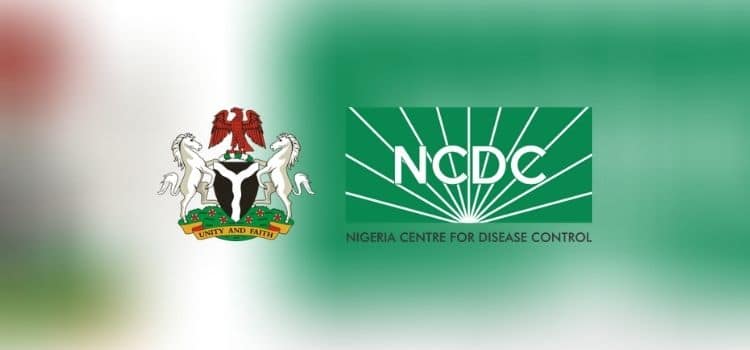By Iyemah David
The Nigeria Centre for Disease Control and Prevention (NCDC) said Antimicrobial Resistance (AMR) is a silent and slow epidemic that does not produce the waves and peaks seen by the world in the past years during the COVID-19 pandemic.
During a briefing commemorating the 2022 Antibiotics Awareness Week in Abuja, the Director-General of the NCDC, Dr Ifedayo Adetifa, said that “AMR is a serious threat to humans, animals, plants and the environment.
“It affects us all. This is why this year’s theme calls for collaboration across sectors to preserve the efficacy of these critical medicines.
“Fighting AMR is a truly global endeavour and must be addressed through a One Health Approach.”
Adetifa, who was represented by the Chair of the National Antimicrobial Resistance Coordination Committee (NAMRCC), Dr Tochi Okwor, described AMR as a pandemic waiting to happen.
He stated that in Nigeria, seven out of 10 persons in the community accessed antibiotics outside licensed health facilities or pharmacies.
He said that many patients in the hospitals were overprescribed antibiotics having a higher risk of bacterial resistance selection.
The NCDC boss raised alarm over the increasing deaths of Nigerians associated with antibiotic resistance due to the abuse of such medications.
He noted that something should be done urgently to educate Nigerians on the health hazards.
He said this would prevent many infections like cancers, allergies, mutations associated with abusing ARM – antibiotics and anti-parasitics from becoming untreatable, hence reducing many deaths.
He urged Nigerians to ensure that they got proper prescriptions on the usage of antibiotics from qualified health professionals before taking them.
He disclosed that AMR, otherwise known as drug resistance and big challenge in Nigeria, was projected to cause over 10 million deaths globally by 2050.
According to him, some identified challenges for Nigeria’s AMR response include suboptimal coordination between relevant sectors, poor surveillance and response on account of limited availability of diagnostics.
Among this are inadequate resources, suboptimal adoption and practice of standardised infection prevention and control practices in the community and health facilities.
He said limited access to proper medications, inappropriate prescription practices and poor enforcement of legal frameworks in place to regulate antimicrobial also pose challenges.
The Technical Officer of AMR at the WHO in Nigeria, Dr Laxmikant Chavan, called on stakeholders to accelerate the AMR response in the country.
He said the global and regional burden is alarming, “but it is sub-Saharan African countries that bear the heaviest burden of resistant bacterial infections.
“In 2019, 4.95 million deaths globally were attributed to drug-resistant bacterial infections, with 1.27 million directly related to AMR – more than HIV/AIDS and malaria combined.”
The Chief Veterinary Officer of Nigeria, Dr Maimuna Habib, stated that AMR is a global public health and development threat.
“Its consequences, direct and indirect, can affect both human and animal health.”
According to her, the WHO has described AMR as one of the top 10 global public health threats facing humanity.




